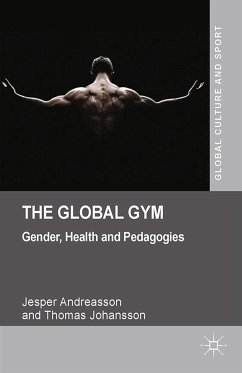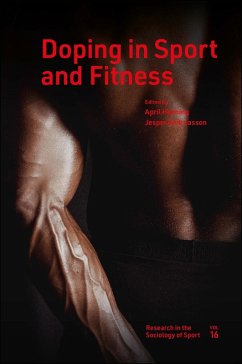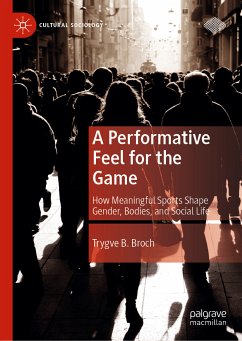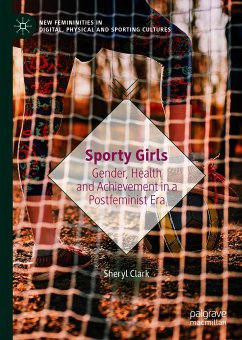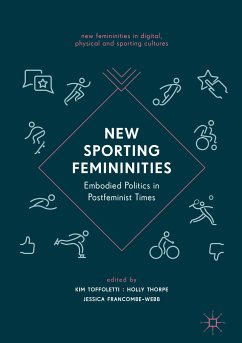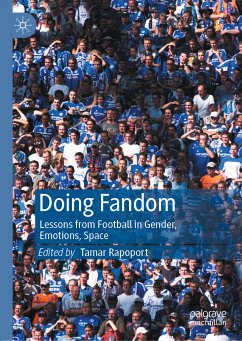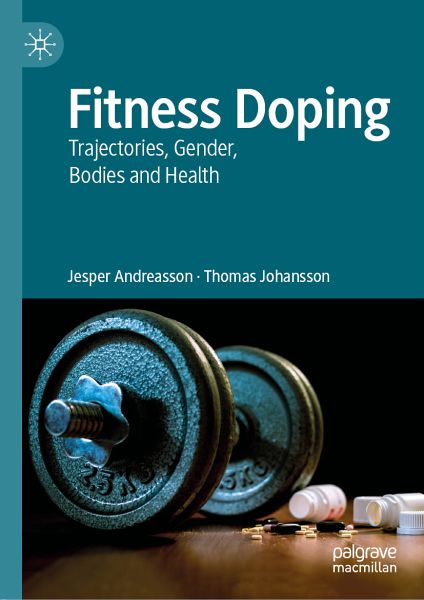
Fitness Doping (eBook, PDF)
Trajectories, Gender, Bodies and Health
Versandkostenfrei!
Sofort per Download lieferbar
64,95 €
inkl. MwSt.
Weitere Ausgaben:

PAYBACK Punkte
32 °P sammeln!
This book compiles several years of multi-faceted qualitative research on fitness doping to provide a fresh insight into how the growing phenomenon intersects with issues of gender, body and health in contemporary society.Drawing on biographical interviews, as well as online and offline ethnography, Andreasson and Johansson analyse how, in the context of the global development of gym and fitness culture, particular doping trajectories are formulated, and users come into contact with doping. They also explore users' internalisation of particular values, practices and communications and analyse ...
This book compiles several years of multi-faceted qualitative research on fitness doping to provide a fresh insight into how the growing phenomenon intersects with issues of gender, body and health in contemporary society.
Drawing on biographical interviews, as well as online and offline ethnography, Andreasson and Johansson analyse how, in the context of the global development of gym and fitness culture, particular doping trajectories are formulated, and users come into contact with doping. They also explore users' internalisation of particular values, practices and communications and analyse how this influences understandings of the self, health, gender and the body, as well as tying this into wider beliefs regarding individual freedom and the law.
This insight into doping goes beyond elite and organised sports, and will be of interest to students and scholars across the sociology of sport, leisure studies, and gender and body politics.
Drawing on biographical interviews, as well as online and offline ethnography, Andreasson and Johansson analyse how, in the context of the global development of gym and fitness culture, particular doping trajectories are formulated, and users come into contact with doping. They also explore users' internalisation of particular values, practices and communications and analyse how this influences understandings of the self, health, gender and the body, as well as tying this into wider beliefs regarding individual freedom and the law.
This insight into doping goes beyond elite and organised sports, and will be of interest to students and scholars across the sociology of sport, leisure studies, and gender and body politics.
Dieser Download kann aus rechtlichen Gründen nur mit Rechnungsadresse in A, B, BG, CY, CZ, D, DK, EW, E, FIN, F, GR, HR, H, IRL, I, LT, L, LR, M, NL, PL, P, R, S, SLO, SK ausgeliefert werden.



